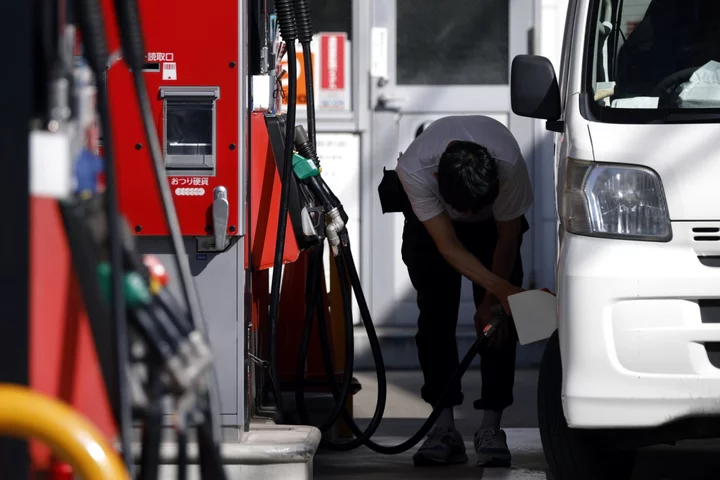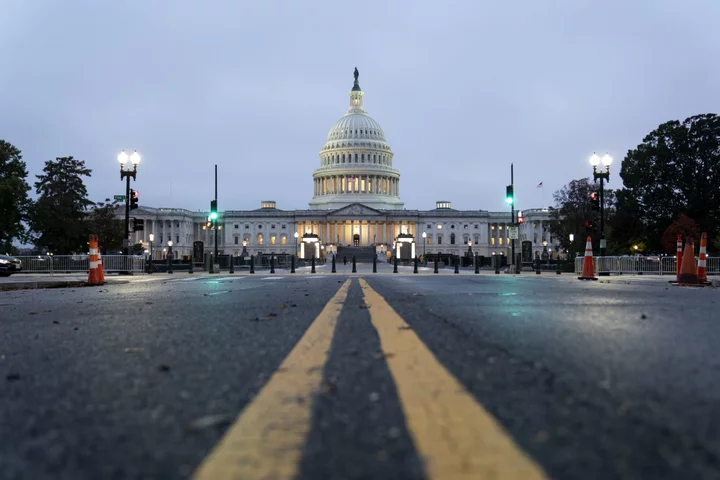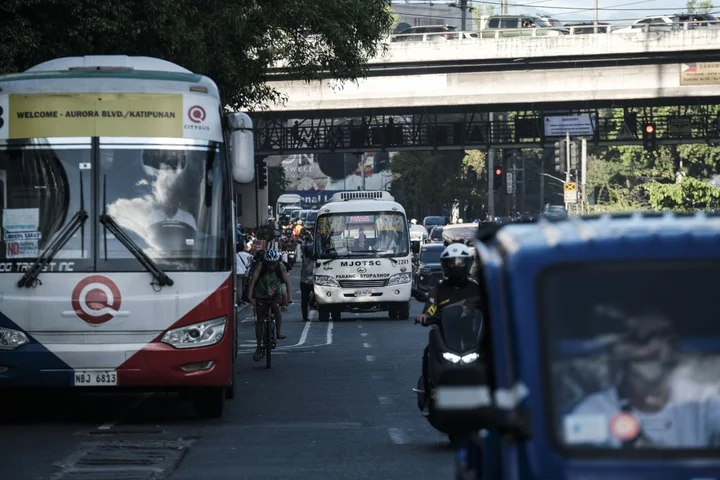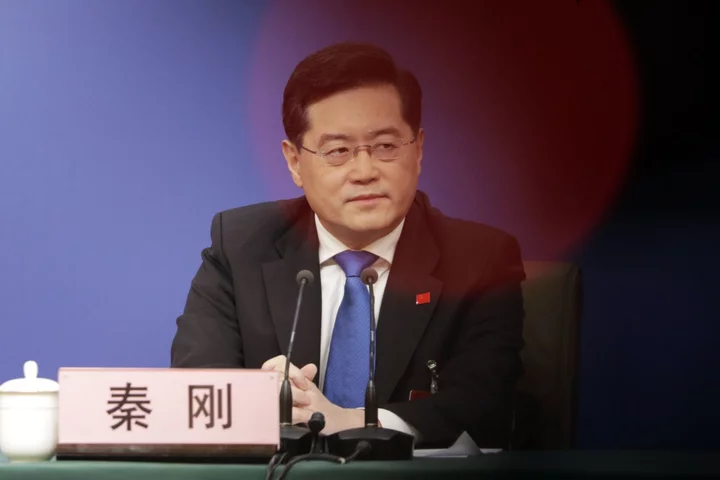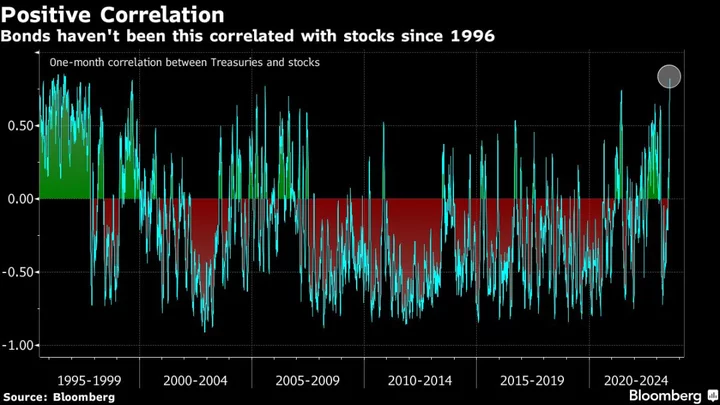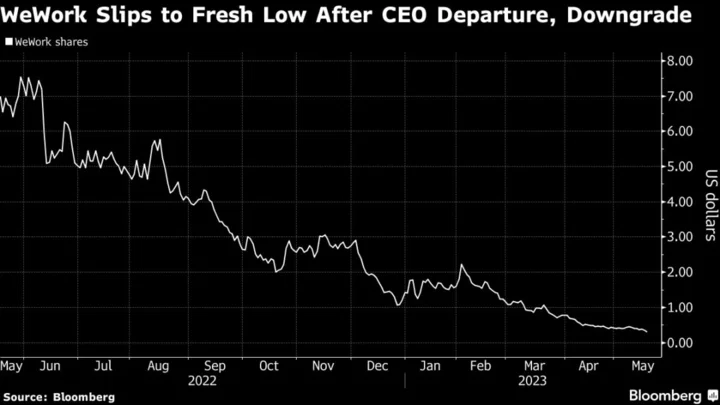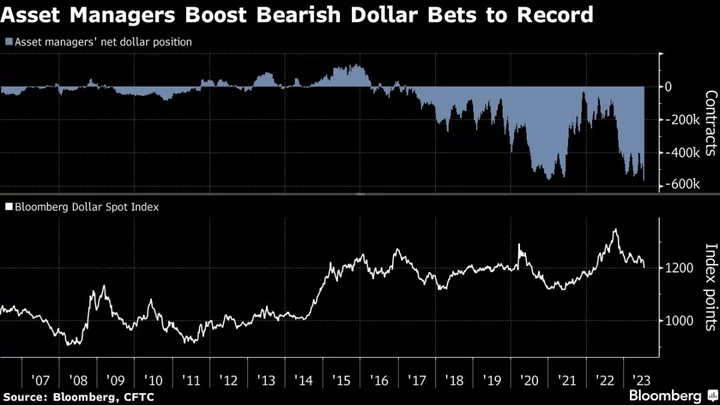Japanese Prime Minister Fumio Kishida said he will expand gasoline subsidies and extend them until year-end to ease the hit from inflation on households, aiming to reduce prices to about ¥175 per liter in October.
He was speaking to reporters Wednesday after receiving a proposal from his ruling Liberal Democratic Party that called for a reduction to a level where consumers could feel a lower burden, according to a document seen earlier in the day by Bloomberg News. The price of gasoline rose to a record of ¥185.6 per liter even with existing subsidies, according to a statement from the trade ministry.
The new measures will take effect from Sept. 7, Kishida said, adding that subsidies for kerosene used in heating and fuel for fishing vessels will also be extended.
The fuel subsidies first introduced by Kishida’s government in January 2022 are currently set to expire at the end of September. With his popularity languishing near its lowest since he took office, Kishida called for the subsidy proposals from his LDP by the end of August and a discussion of further economic measures in September.
Some analysts say he may still be looking for an opportunity to call an election by the end of the year. Polls show price rises are a key issue voters want him to tackle.
Kishida also indicated he’ll extend government subsidies to offset higher costs for electricity and natural gas until the economic measures take effect, according to the document.
The government’s subsidies have so far been helping keep overall inflation levels down, a move that’s likely helped the Bank of Japan to argue that current price gains aren’t sustainable, and monetary easing is still needed.
If the government were to scrap subsidies for gasoline and kerosene, it could potentially push up Japan’s key inflation rate by 0.5 percentage point, according to Dai-ichi Life Institute economist Yoshiki Shinke. Subsidies for gas and electricity are also holding down overall inflation at the national level by an additional 0.99 percentage point, according to the internal affairs ministry.
--With assistance from Takashi Hirokawa, Shoko Oda and Jon Herskovitz.
(Recasts with Kishida comments.)

